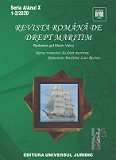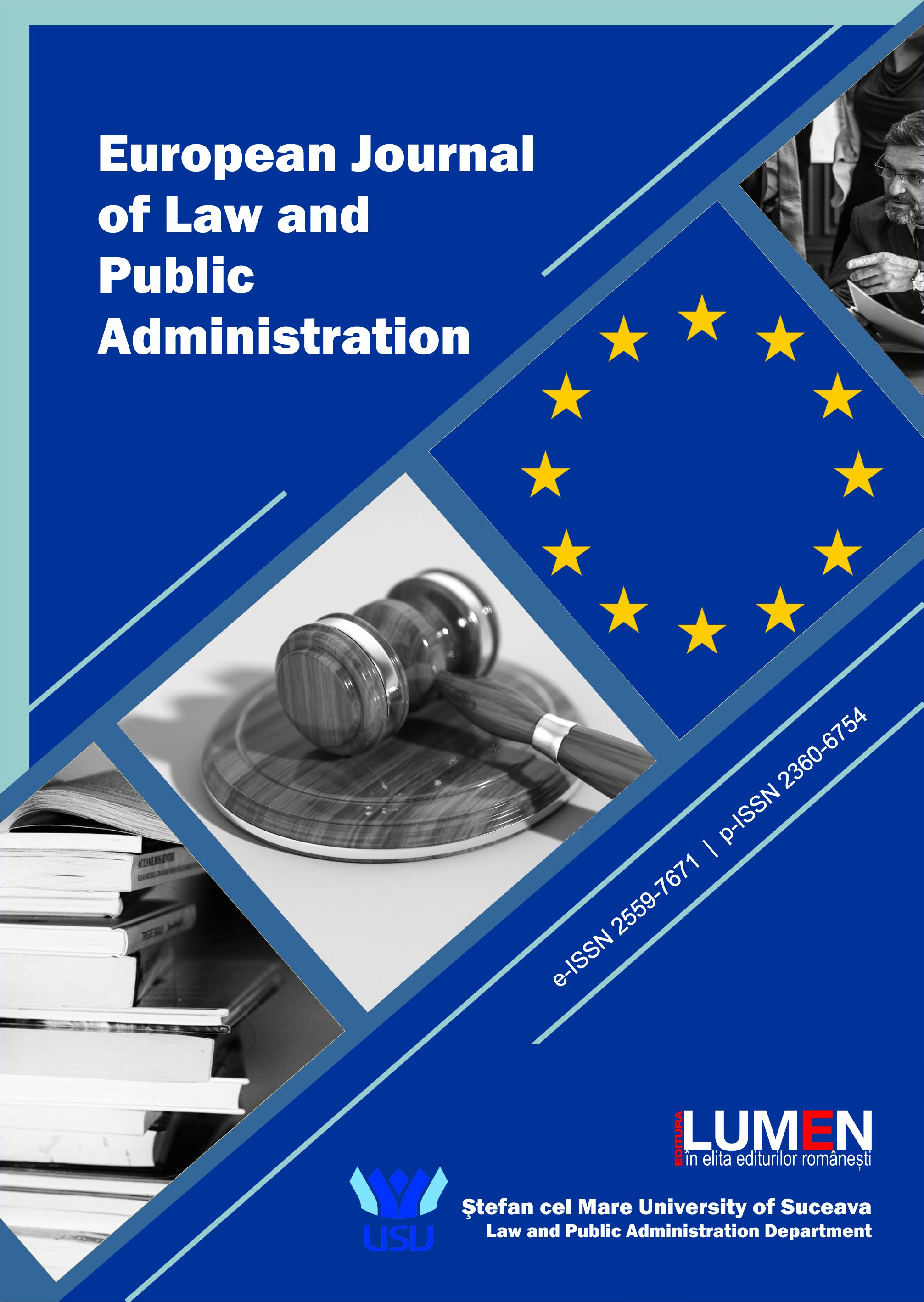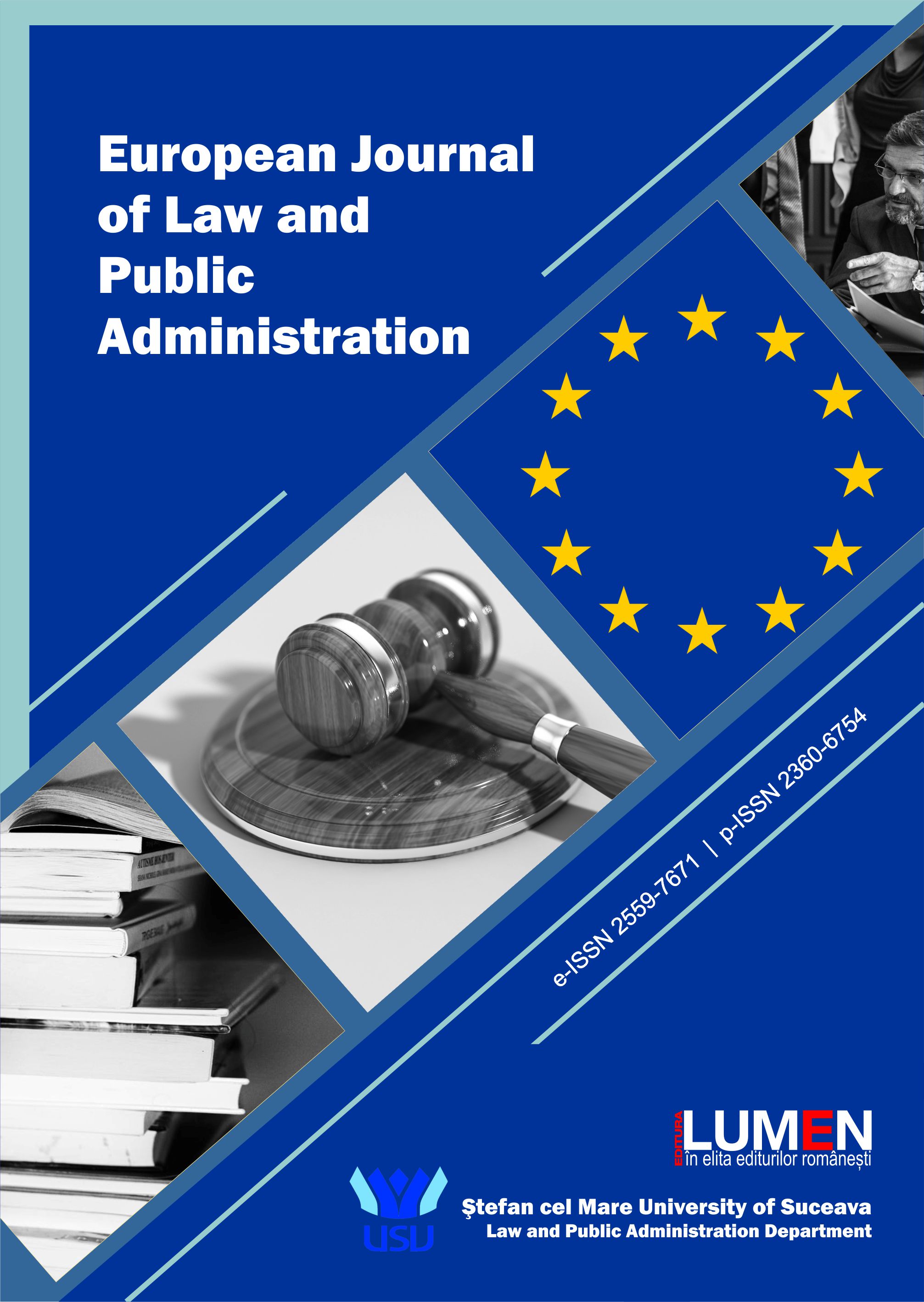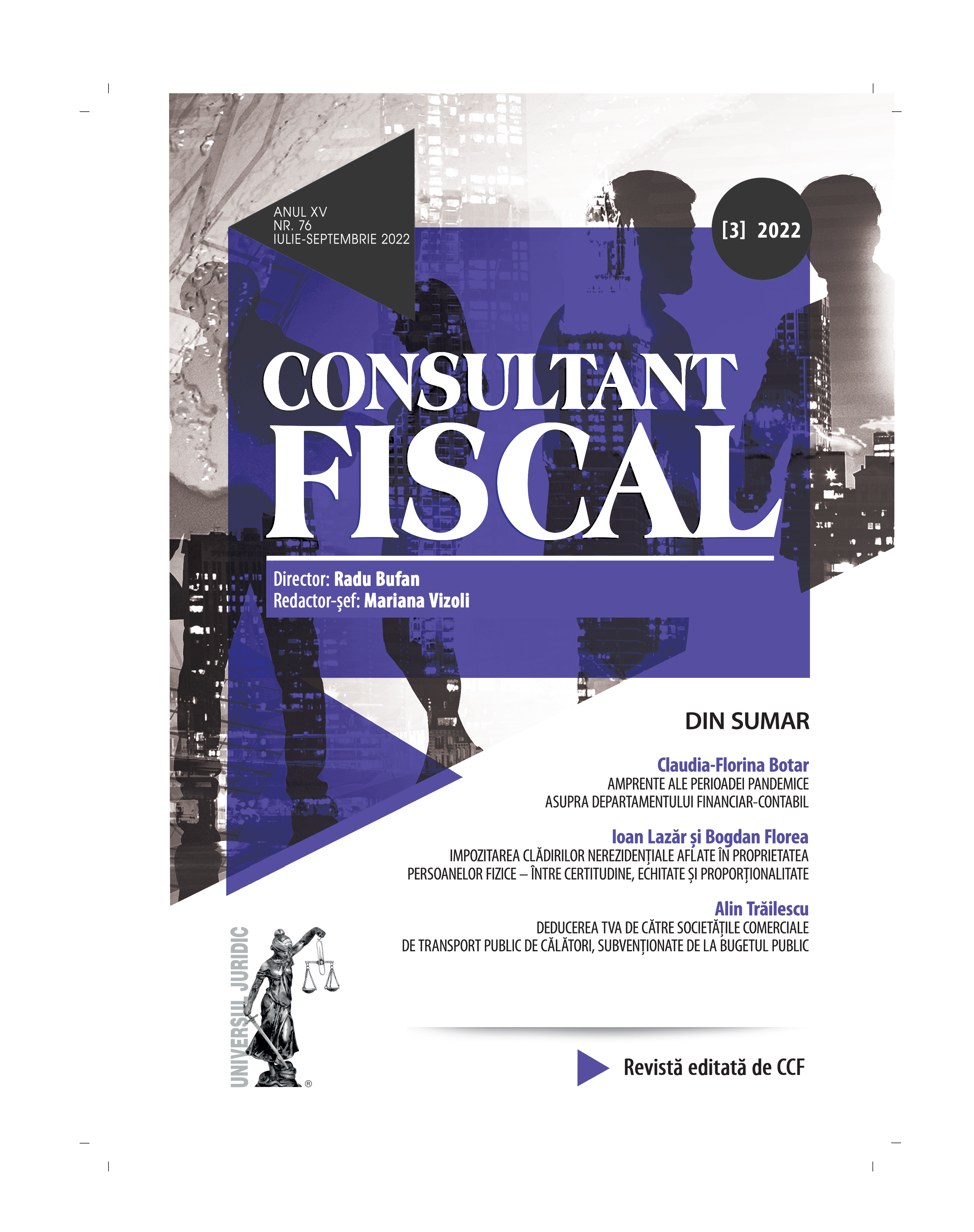
Convenția internațională de la Nairobi din 18.05.2007 privind îndepărtarea epavelor
Text publicat în Monitorul Oficial, Partea I nr. 219 din 24 martie 2016.
More...We kindly inform you that, as long as the subject affiliation of our 300.000+ articles is in progress, you might get unsufficient or no results on your third level or second level search. In this case, please broaden your search criteria.

Text publicat în Monitorul Oficial, Partea I nr. 219 din 24 martie 2016.
More...
Guvernul Canadei recunoaște că navele abandonate și cele speciale pot amenința mediul, sănătatea și securitatea publică, precum și economiile locale, industriile de pescuit și de turism. De asemenea, ele pot avea și repercusiuni considerabile asupra colectivităților costiere, riscând să genereze costuri ridicate de curățare, și pericole iminente. În noiembrie 2016, Guvernul Canadei a lansat Planul de protecție a oceanelor cu o valoare de 5 miliarde de dolari, în scopul de a consolida. securitatea maritimă și transportul maritim responsabil, de a proteja mediile marine din Canada, de a facilita progresul reconcilierii cu Autohtonii și de a preveni și dezinfecta navele care au probleme grave.
More...![Review of the Book “Particularităţile creării şi aplicării de către state a normelor de drept internaţional” [The particularities of the creation and application by states of the norms of international law], Author - Dumitriţa Florea, Lumen Publishin](/api/image/getissuecoverimage?id=picture_2022_71386.jpg)
The work entitled "Peculiarities of the creation and application by states of the norms of public international law" emphasizes the analysis of the role of the state in the formation of international legal norms. This scientific approach is an integral part of the doctrine of public international law and details issues related to the ways of creating and applying the norms of public international law and the participation of sovereign states in the process of creating international legal norms. Currently, we are witnessing a transformation of international rules, a fact that generates close observation and analysis of the dynamics of international relations. It is almost impossible to have a good understanding of the current status of international law and its role, without placing its evolution within the international society that actually constitutes its natural environment. International society encompasses a plurality of component elements that seek unity, beyond their diversity, both at the level of states and at all levels of human activity.
More...
On the one hand, the financial support that a litigant can obtain in order to bear the costs that litigation would entail would considerably facilitate the party's access to justice, but, on the other hand, precisely this difficult situation in which can find a litigant, can also be seen as a business opportunity for specialized companies that aim to make investments under the most conveniant conditions.The present article proposes a brief analysis of some aspects regarding a new trend in today's litigation funding which, at least at first sight, proves to be attractive and interesting: third party litigation funding.
More...
Freedom of assembly occupies an “eminent place” in the system of international acts aimed at the protection of human rights. In this sense, we mention that freedom of association and freedom of assembly are instruments of expression, of collective opinion and as such, due to their role in the existence and development of a democratic society, they assign a central place in establishing the democratic framework of state governance.Freedom of association and freedom of assembly outline the essence of democracy which resides in its ability to resolve issues through public debate.The protection of freedom of assembly targets precisely this exchange of ideas and the collective manifestations of social and political activity.Freedom of assembly covers both private and public assemblies. In this sense, states have a positive obligation to protect those who exercise this freedom against the violence of counter-demonstrators. For this purpose, the states have a wide margin of appreciation of the necessary measures.
More...
The principle of humanism invokes the need to focus the entire legal regulation on the protection, as a matter of priority, of the person as the supreme value of society, its rights and freedoms. On the other hand, focusing on the subject of the crime, the same principle, imposes the negative obligation of the state to avoid causing physical suffering or harming human dignity. The transposition into law of the principle of humanism has theirs through the institutions of release from liability and criminal punishment. We draw attention to the fact that the release from criminal liability, although it has its legislative headquarters in the General Part of the Criminal Code of the Republic of Moldova, is also found with reference to some components of crimes in the Special Part of the Criminal Code of the Republic of Moldova. The normative regulations from article 217, paragraph (5) of the Criminal Code of the Republic of Moldova, represent a particular case of the release of criminal liability for the illegal circulation of drugs, ethnobotanicals or their analogues. The conditions imposed for the application of the latter are of a dual nature and concern the application of the institutions of material and procedural criminal law. We exclude the possibility of assessing this legal-criminal institute, as an exception to the rule of passivity of criminal liability. Its value, in our opinion, lies in the need to prevent and combat crime aimed at the illegal circulation of drugs, in addition to the possibility of applying the criminal law, with strict observance of the principle of legality and humanism. In this study, we aim to analyze the criminal regulatory framework on the release of criminal liability for the illegal circulation of drugs, ethnobotanicals or their analogues, as well as the experience of judicial practice in the application of this institution.
More...
Any provision on pre-trial detention involves an analysis on the part of the judge, which must be made with the utmost responsibility in order to avoid unnecessary periods of pre-trial detention, which do not correspond to the imperative need to protect public order and to ensure the proper conduct of the criminal trial. The exceptional nature of the measure requires a real examination of the conditions under which it can be ordered, rather than a formal one, an approach sometimes found in court practice. Although we wish to confine ourselves to the legal aspects, we will inevitably briefly highlight certain factual aspects which the court has qualified as relevant from the perspective of the need to maintain the preventive detention measure.
More...
The legal will agreement producing legal effects means that each party will is real, conscious, free and clear, externalized and expressed the intention to be bound. Through legal concepts of will and consent, a purely psychological approach objectifies producing legal effects. The whole argument is based on the idea that an interdisciplinary approach of the law requires updating the content of the concepts reflecting processes and mental phenomena which can be scientifically investigated with the methods and techniques of modern science. Analysis of classical theories of the will and the modern theories on the decision making process revealed the evolution of decision making research and the importance of including these valuable scientific information within the factors influencing civil act theory as a manifestation of the will and the concept of contractual freedom.
More...
Self-defense is a subjective right that all persons have equally, regardless of their professional or special training, as well as their job.
More...
This material proposes the description of some general aspects regarding the employees' right to vacation, but also regarding their weekly rest as the main forms of rest and aimed at restoring physical and intellectual strength. Employers have legal obligations in granting them and in case of non-compliance, the sanctioning force of the state intervenes through the control actions of the Labor Inspectorate. Data on the number of checks and sanctions applied are reproduced in the pages of this work in order to highlight the degree of compliance with labor legislation by employers.
More...
In most developed states, public opinion is crystallized in favor or against euthanasia, but this fact is not reflected in the legislation. A clear and concise legislative framework is an absolutely necessary condition for discussing euthanasia. On one hand, medical personnel must carry out their activity in accordance with the law, on the other hand, the selection of patients who can request such a procedure must be concretely defined.
More...
Coming into practical contact with any social-political and social-economic phenomenon, the issue of civil society is present in almost all areas of society’s activity, having a tangent with all spheres of social life - philosophical, social, economic, political, legal, etc. “Civil society is one of the three pillars (economic opportunities - civil society - political freedom), on which democratic society is based and can effectively solve many problems” (Darendorf, 1996, p. 229). Of course, such a wish is also current for the new democracies. Civil society was disputed in the past and continues to be disputed today. On the one hand, this moment demonstrates the heuristic potential of the phenomenon, and on the other hand, it is possible that the “idea of civil society” and the search for ways to achieve it have not been conceptually developed sufficiently [Grajdanscoe, p. 8].The genesis of civil society is one of the most complicated problems. The topicality of its investigation is determined by the fact that it can become the necessary foundation for the deep study of the interaction of state power with social institutions, currently in full transformation process. On the other hand, we must specify that for our scientific approach, the issue of civil society is more important under its aspect of general framework, a determining phenomenon of the existence and activity of NGOs. Or, in other words, the impossibility of the existence of NGOs in the absence of civil society and vice versa, leads us to enter the sphere of close ties between these two phenomena, in order to elucidate their particularities and the legalities that maintain them.
More...
The purpose of this article is to provide an overview of the Pillar Two initiative of OECD. We delve into the key rules defined as part of this initiative to gain an understanding of these. Furthermore, we discuss key steps for Multinational Groups to determine their liability under Pillar Two based on the OECD guidance and the key considerations for them. We provide an update from key jurisdictions which gives us an indication of where we are headed. The article includes some common questions in respect of Pillar Two which should serve as a ready reckoner. Lastly, we have touched upon some key action points from the perspective of Multinationals and their tax/finance departments.
More...
The issue of taxation of buildings used for non-residential purposes by individuals has become a subject of contradiction between the tax authorities and many taxpayers, since the current Tax Code entered in force. The methodological norms for the application of the Tax Code qualify ab initio non-residential buildings owned by individuals as being used for non-residential purposes. This qualification is doubtful if we apply the principles of taxation certainty and fiscal equity. The analysis of the methodological norms, whose purpose is only to implement the provisions of the law, raises serious questions regarding the compatibility of the provisions of this normative administrative act with the principles of certainty of taxation and fiscal fairness enunciated in the Tax Code. At the same time, the taxation of the individuals according to the scriptural destination of the building, carried out retroactively and penalizing, is a breach of the principle of proportionality
More...
This paper aims at emphasizing, in its first part, the development of the European Convention on Human Rights, as it was mirrored during time due to the significant changes that its Protocols brought to the initial form of the European document. More specifically, this approach focuses on the reconfiguration of the Convention under the auspices of Protocol No. 15 (Council of Europe, 2013a) and Protocol No. 16 15 (Council of Europe, 2013b) and tries to map the most important changes brought by these two instruments as well as the manner in which they impacted the procedures and the entire European jurisdictional construct. This way, the first one is an amendment protocol which materializes in the rethinking of the Preamble of the Convention by specifically stating the principle of subsidiarity and the margin of appreciation. Therefore, the reason of introducing these two concepts reconfirms their importance while applying the provisions of the Convention. Additionally, this Protocol introduces a few procedural changes as well as a series of aspects related to the structure and the organization of the European Court of Human Rights. Secondly, Protocol No. 16 to the Convention tries to enhance communication between the Court and the domestic courts by introducing the advisory opinion procedure and stating upon those entities entitled to access it, also specifying a series of conditions which have to be fulfilled when seeking for an advisory opinion.
More...
The international contract is of interest to all states because of its value. It represents a way in which international exchanges can be realized, its role in international economic relations giving the parties the opportunity to use the advantages of arbitration and autonomy of will. The main legal instrument used to promote international relations is the contract. Compared to other fields, the legal relationships resulting from contracts are numerous and frequent. International trade contracts are distinguished by certain particularities, because according to their nature, they constitute a form of contracts regarding commercial activity. However, international trade contracts, compared to domestic contracts, do not remain subject to national law and differ from them by the existence of specific elements of internationality. An important moment in the existence of a contract is that of formation. All aspects related to the formation of contractual relations are influenced by the exact knowledge and correct application of the practice of concluding the contract. International trade contracts differ from commercial contracts concluded between participants in domestic trade by means of the extraneous element it contains, an element that, together with the commerciality element, delimits the international trade contract from the other contracts that are regulated by the rules of general law. From the category of contracts that are part of the field of international trade law, the franchise contract has had a rapid evolution, having the ability to adapt and introduce new services, products and techniques to the market, the extent of which has taken over time having practically no tendency to decrease nowadays, more and more merchants end up concluding such contracts. Thus, the franchise contract is both a relatively safe and cheap method of obtaining profit, as well as the most agreeable tool of globalization, attributed to the current consumer society.
More...
The legal status of the foreigner has always been of particular interest, as it has been found over time that the rights that a natural or legal person may have in a foreign country have particular consequences. Part of the population of a country other than the one in which he is located or lives, the foreigner who does not have Romanian citizenship, but who is found on the territory of a state, may have the status of stateless, refugee or displaced person. The foreigner's legal condition contains all the legal norms that regulate the legal acts and deeds of foreigners, natural or legal persons. The legal norms that regulate this matter are material norms that belong to Romanian law and, as such, the legal condition of the foreigner is subject to Romanian law, as the law of the forum, respectively as the law of the place where the foreigner is found. The sufficiently rich Romanian legislation that regulates the field took into account the particular nature of social relations, aiming to be as close as possible to concrete situations. The current trend, contained mainly in the provisions of the Civil Code that "liberalizes" the possibility of applying a different rule of law than the classical one, we consider to be a step forward and is in line with the obvious progress of the science of conflict law, also resulting from its historical evolution. The foreigner's legal status is made up of the set of rights and obligations they enjoy based on state legislation and according to international conventions. This means, concretely, the set of legal rules that regulate the foreigner's ability to use, i.e. the rights and obligations he has in a state as a foreigner. We emphasize that, also in the case of the legal person, the legal condition of the foreigner can be used, this being "that collective subject of law, holder of rights and obligations, whose personal status is governed by its national law".
More...
In this study, the author analyses the thorny issue of the deduction of VAT by companies receiving subsidies for the provision of public passenger transport services, making use of tax legislation in conjunction with the special legislation governing this public service, as well as the case law of national and European courts.
More...